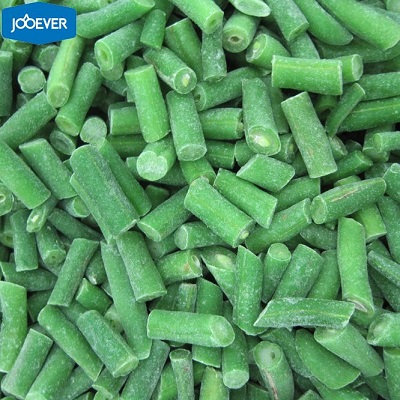Your reliable partner for frozen foods
Frozen vegetables have become a staple in modern diets due to their convenience and long shelf life. However, there is often skepticism regarding their nutritional value compared to fresh produce. In this article, we aim to address the common question: do frozen vegetables lose nutrients? By examining scientific research and expert opinions, we will debunk myths and provide insight into the nutritional content of frozen vegetables.
Freezing is a method of food preservation that involves rapidly cooling vegetables to low temperatures, typically below 0°C (32°F). This process effectively halts enzymatic activity and microbial growth, preserving the vegetables' freshness. However, it can also lead to some nutrient loss. For instance, water-soluble vitamins like vitamin C and B vitamins are sensitive to heat and may degrade during blanching, a step often used before freezing. Additionally, extended storage periods can further contribute to nutrient degradation. Despite these factors, freezing generally retains the majority of nutrients in vegetables, making them a viable option for maintaining a balanced diet.
There is often a misconception that fresh vegetables are inherently more nutritious than their frozen counterparts. However, several studies have shown that the nutrient differences between fresh and frozen vegetables are minimal. In fact, frozen vegetables are often harvested at peak ripeness and immediately frozen, locking in their nutrients. On the other hand, fresh vegetables may undergo lengthy transportation and storage, leading to nutrient degradation over time. Therefore, while fresh vegetables may offer a slight nutritional advantage in some cases, frozen vegetables remain a convenient and nutritious option for consumers.

When selecting frozen vegetables, it's essential to choose products with minimal additives and processing. Look for packages that contain only vegetables without added sauces or seasonings. Additionally, opt for brands that flash-freeze their products, as this helps preserve nutrients more effectively. Once purchased, store frozen vegetables in a tightly sealed container or freezer bag to prevent freezer burn and maintain freshness. Avoid keeping them in the freezer for extended periods, as this can lead to nutrient loss over time.
The way in which frozen vegetables are cooked can significantly impact their nutritional content. To minimize nutrient loss, consider steaming, microwaving, or stir-frying vegetables instead of boiling them. These cooking methods require minimal water and shorter cooking times, helping to preserve water-soluble vitamins like vitamin C. Additionally, avoid overcooking vegetables, as prolonged exposure to heat can lead to further nutrient degradation. By adopting these cooking techniques, you can enjoy the full nutritional benefits of frozen vegetables in your meals.
Numerous scientific studies have investigated the nutritional content of frozen vegetables, with consistent findings that they retain a high proportion of their nutrients compared to fresh vegetables. Furthermore, experts in the field of nutrition often recommend frozen vegetables as a convenient and budget-friendly way to incorporate more produce into one's diet. By considering the evidence and expert opinions, consumers can make informed decisions about including frozen vegetables in their meal planning.